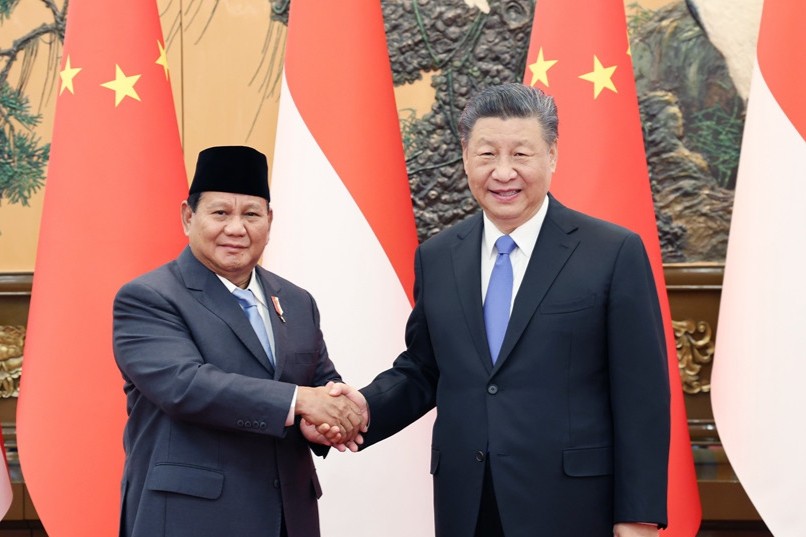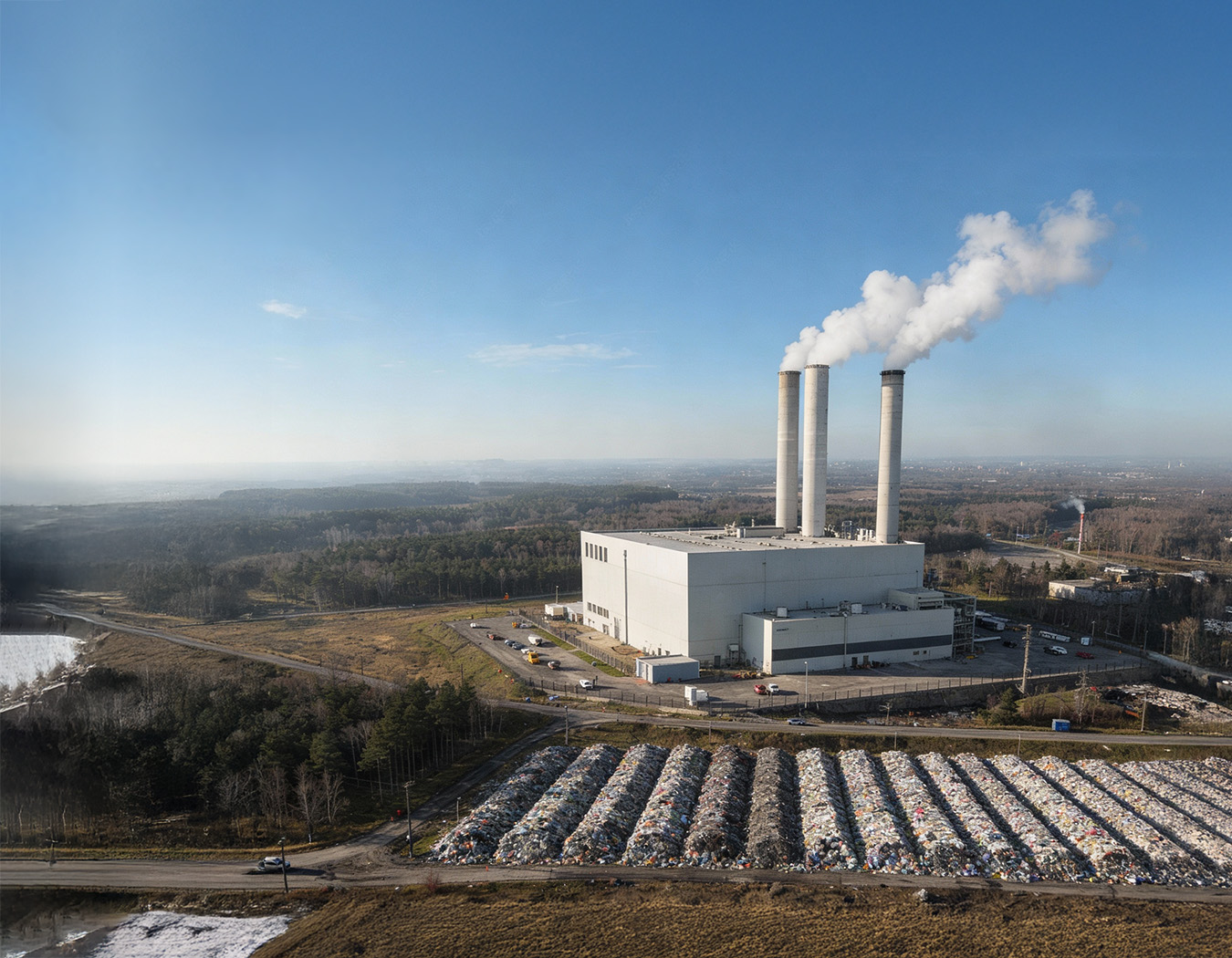
Leveraging nickel based EVs for energy security
April 25, 2025In 2019, Indonesia launched a landmark policy to electrify its transportation sector—an initiative born not only from international climate commitments but also from pragmatic concerns over soaring crude‑oil import costs and growing domestic demand for sustainable mobility.
As the policy matured, Indonesia’s unique confluence of strengths became clear: the world’s largest nickel reserves—essential for electric‑vehicle batteries—paired with an already robust automotive manufacturing base. These advantages have positioned the country to emerge as a leading EV producer, transforming raw‑material wealth into high‑value industrial output.
By 2024, under President Prabowo Subianto’s administration, the government set more ambitious economic growth targets—seeking to push GDP growth toward 8 percent annually. The EV industry stands out among new engines of growth capable of generating broad multipliers across manufacturing, exports, and employment, helping Indonesia become a developed country by 2045.
Yet, leveraging this potential is not without challenges. This study systematically examines the current EV landscape—from regulations and infrastructure to market dynamics—identifying critical bottlenecks in areas such as battery‑grade nickel processing, domestic supply‑chain integration, charging infrastructure, and incentive design.
Drawing on global best practices and lessons from established EV markets, the paper formulates targeted policy recommendations. These include aligning EV incentives with the broader nickel‑downstream initiative to ensure value‑addition in country, introducing tailored fiscal and non‑fiscal supports for battery and vehicle manufacturing, and strengthening regulatory frameworks to accelerate infrastructure rollout.
By weaving together Indonesia’s electrification goals, resource‑based industrial strategy, and international benchmarks, this policy paper offers a cohesive roadmap to catalyze Indonesia’s EV sector—driving sustainable growth, enhancing energy self‑sufficiency, and securing the nation’s place in the global clean‑mobility transition.
- Executive Director Tenggara Strategics
- Senior Researcher Tenggara Strategics
- Researcher Tenggara Strategics
- Researcher Tenggara Strategics
- Editor Tenggara Strategics


